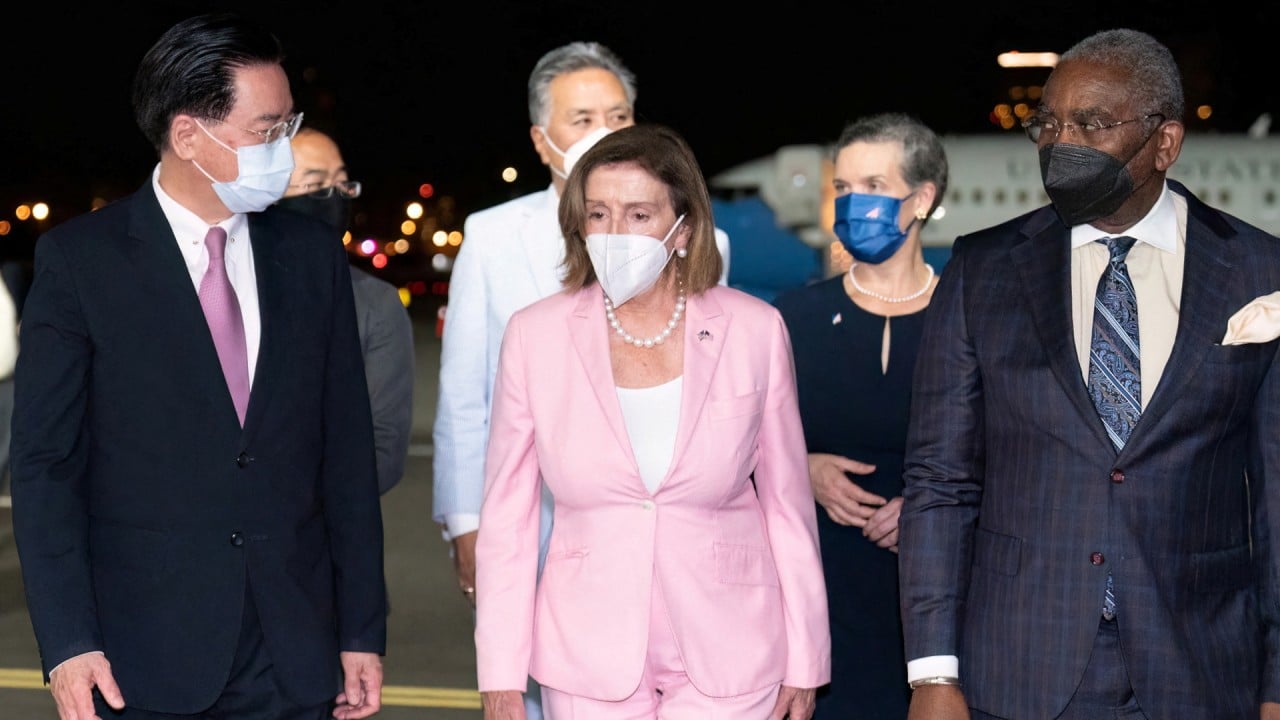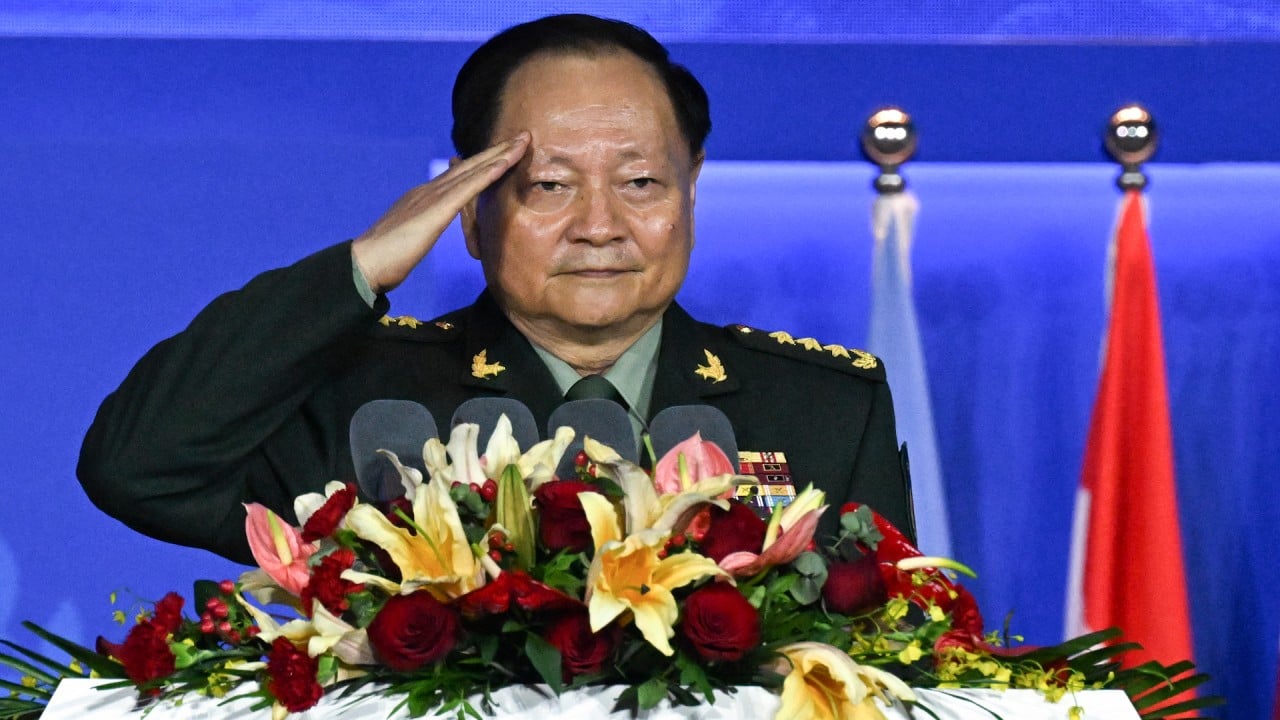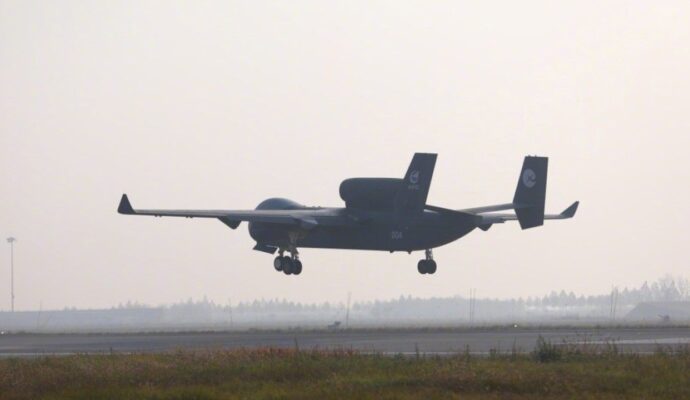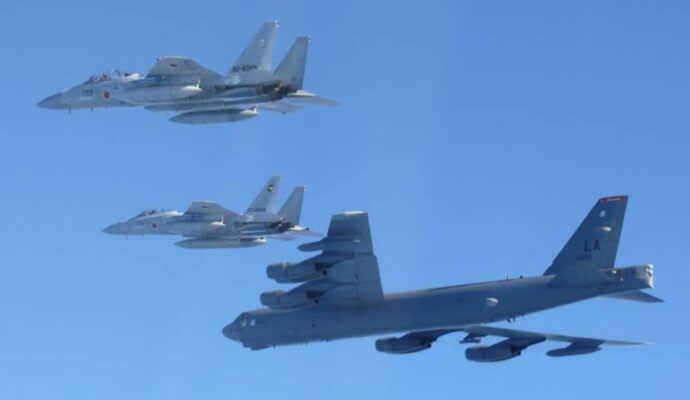Calling channels of military communication “absolutely critical, the official stressed the importance of keeping these lines open “both at senior levels of our military but also operator to operator”.
Downplaying the possibility of tangible outcomes, the official said the current state of bilateral ties “is not the relationship of five or 10 years ago”.
“We’re not talking about a long list of outcomes or deliverables,” she said. “The goals here really are about managing and preventing the downside risk of conflict and ensuring channels of communication are open.
Yellen, Chinese counterpart begin talks to lay groundwork for Biden-Xi meeting
Yellen, Chinese counterpart begin talks to lay groundwork for Biden-Xi meeting
On the subject of low outcome expectations, a second Biden administration official on the call with reporters offered a blunt assessment of Washington’s attempts to influence Beijing.
“Efforts to shape or reform China over several decades have failed, but we expect China to be around and to be a major player on the world stage for the rest of our lifetimes.”
When pushed for confirmation that Biden would bring up fentanyl, artificial intelligence and three US detainees in China, the second official said “it’s possible that all three issues will indeed be raised”.
Three US citizens and lawful permanent residents have been detained in China, including American pastor David Lin, who was reportedly taken into custody in 2006 while waiting for approval to build a church there.
With confirmation of the Xi-Biden meeting, speculation will focus on the degree to which the long-awaited event will alleviate some of the bilateral rancour that has built up over the past year.
Biden at Apec with Xi should ‘shine light’ on political prisoners: US panel
Biden at Apec with Xi should ‘shine light’ on political prisoners: US panel
Like most other Western countries, the US does not recognise Taiwan as an independent country, although Washington is committed by its Taiwan Relations Act to support the self-ruled island’s defence capability.
However, as the second official said on the call with reporters, Biden’s administration sees Beijing as the cause of tension in the Taiwan Strait.
“We’re … quite concerned by a ramping up of military activities around Taiwan in ways that are unprecedented, that are dangerous, that are provocative,” he said.
“We also believe that those actions undermine peace and stability across the Taiwan Strait and raise concerns not just there but in the Indo Pacific at large.”
Ian Johnson, a Stephen A. Schwarzman senior fellow for China studies at the Council on Foreign Relations (CFR), said the two leaders are likely to agree to positions on the self-ruled island that will not be difficult to honour.
Xi will “get some pledge from the United States not to support [Taiwan’s ruling Democratic Progressive Party], which I don’t think the United States … would want to do anyway”, Johnson said in a CFR panel discussion on Thursday.
Biden “would probably caution China against meddling in the election, although I think that probably anything China does in terms of the election is going to be counterproductive because if it’s perceived in Taiwan that China is trying to help one party or another, that would boomerang against that party”, Johnson said.
In the call to reporters, the first Biden administration official said to expect “something along the lines of what you saw in Bali” in terms of the Xi-Biden summit arrangements.
“We divided [the summit] up into a couple of different sessions in Bali, we’d expect about the same this time around,” she said.
“This is more than just a bilateral on the margins of multilateral meetings. We’re setting some time aside for the two leaders to sit down and have in-depth conversations on the full range of issues that the US and China face across the globe and bilaterally.”




